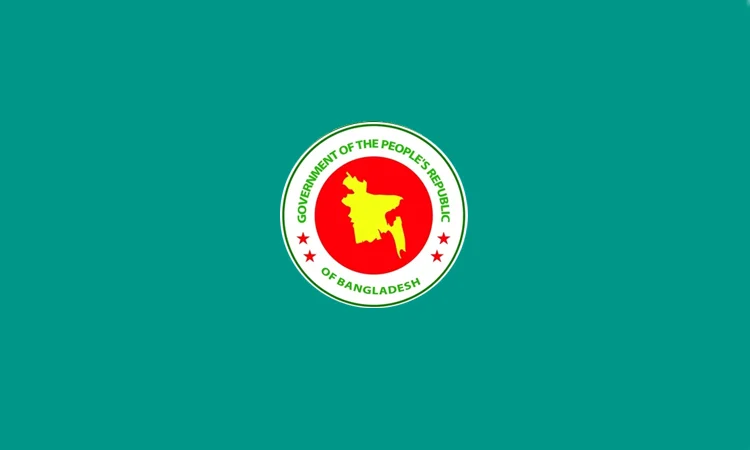

The President has promulgated “The Bangladesh Haor and Wetland Conservation Ordinance, 2026”, introducing stringent penalties of up to two years’ imprisonment or fines of up to Taka 10 lakh to protect the country’s haors and wetlands from destruction and misuse.
The ordinance was issued last evening by the Legislative and Parliamentary Affairs Division of the Ministry of Law.
Under the ordinance, violation of any order or directive will result in a maximum of two years’ imprisonment or a fine of Taka 10 lakh, or both. However, violation of a protection order will carry the same punishment.
The crime and punishment under the ordinance is cognizable, non-bail able and non-negotiable, according to the law.
The ordinance also provides that violating bans in protected haor and wetland areas will be punishable by two years in prison or a fine of Taka five lakh, or both.
Extraction or use of water in a manner that damages the aquifer, aquatic animals or plants will attract the same penalty.
Illegal occupation, filling, unauthorized excavation or conversion of haors, wetlands or sandbanks will lead to up to two years’ imprisonment or a fine of Taka 10 lakh.
The same punishment will apply for construction of infrastructure or activities that disrupt the normal flow of water.
For polluting water, soil or the environment, the ordinance stipulates two years’ imprisonment or a fine of Taka two lakh, or both.
According to the ordinance, an official list of haors and wetlands across the country will be prepared.
Based on the information provided by District Administrators, the government will publish the list through a gazette notification, which may be revised or updated from time to time.
The ordinance mandates that the concerned department will formulate a master plan for the protection, conservation, development and integrated management of haors and wetlands and update it regularly.
This plan must align with the government’s existing policies, plans and strategy papers.
The government has also been empowered to declare any haor or wetland a protected area, in which case it will be mandatory to take opinions from relevant authorities, organizations and stakeholders.
Before undertaking any development project related to haors or wetlands, the opinion of the Haor and Wetland Development Department must be obtained.
The ordinance clearly states that no project can be implemented without following this prescribed procedure.
If the activities of any individual or organization damage the ecosystem of haors or wetlands, the Director General may determine the amount of damage and order compensation.
If necessary, corrective measures may also be ordered, and compliance will be mandatory.
The ordinance lists several specific offences and punishments. Extracting soil, sand, stones or other natural resources from haors, wetlands or sandbanks without permission will be punishable by two years’ imprisonment or a fine of Taka 10 lakh.
Fishing by prohibited nets, electric shocks, poison baits or toxic substances will also result in two years in prison or a fine of Taka 10 lakh.
Additionally, harvesting fish or aquatic resources in a manner that disrupts reproduction or production will be punishable by one year’s imprisonment or a fine of Taka five lakh.
The ordinance further states that hunting migratory birds or protected aquatic animals, destroying wet forests or sandbanks, or destroying animal habitats will be punishable by two years’ imprisonment or a fine of Taka five lakh, or both.
